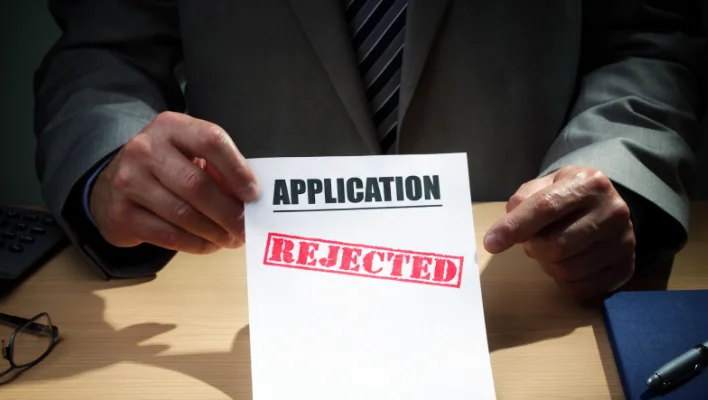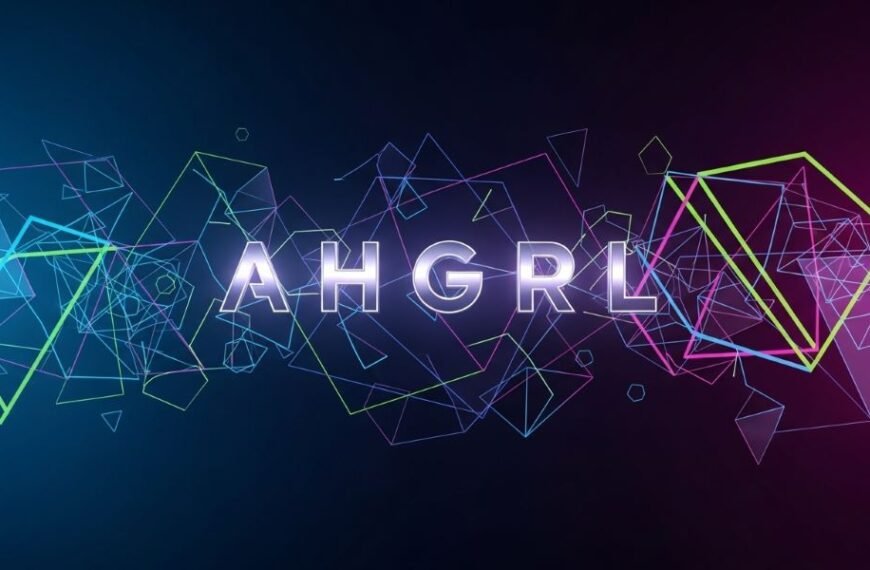Whether you are relocating for study, work or living, immigrating to the Netherlands offers exciting opportunities. But most candidates are surprised by the rejection of their Dutch immigration applications. Because the Netherlands Immigration and Naturalization Service (IND) has tight regulations, even little errors might ruin a well-written application.
We frequently help clients at INLS navigate the Dutch immigration process. Most common reasons for refusal or rejection of applications and proactive tips to avoid these mistakes will be explained in this article.
Not having proper and complete documents
The most frequent cause of rejection is missing, outdated, or inconsistent documents. The IND expects every supporting document to be current, properly certified, and translated if necessary. This includes passports, birth certificates, employment contracts, proof of financial means, and health insurance coverage.
Ways to avoid this:
- Double-check the IND’s document checklist for your specific visa type.
- Have translations prepared by sworn translators and get documents legalized or apostilled if required.
- Submit all supporting documents together and in the correct format.
Professional assistance can also ensure your file is complete before submission.
Unable to afford the financial needs
The Dutch government imposes minimum income thresholds for many residence permits. For example, family or partner visas require the sponsor in the Netherlands to earn at least the set minimum income (updated annually). Self-employed applicants must prove their business is economically viable.
Ways to avoid this:
- Verify that your financial statements or job contract satisfy the most recent income thresholds set by the IND.
- Provide pay slips, tax returns, or business plans as evidence.
- If you are a student, show sufficient funds for tuition and living costs.
Failing to meet or document these thresholds is one of the fastest ways to trigger a rejection.
Unable to understand the different categories of visa
Choosing the wrong visa category or misunderstanding its eligibility requirements can result in an automatic refusal. For example, highly skilled migrants, entrepreneurs, researchers, and family members all have different procedures.
Applicants for EU-wide permits, such as the EU Blue Card Visa, must show higher qualifications and salary levels than national permits. Similarly, a Family Reunification Visa has separate rules for spouses, partners, and children. Submitting under the wrong scheme can delay your plans and even create future obstacles.
Ways to avoid this:
- Carefully review IND’s visa categories or consult an immigration specialist before applying.
- If you are changing your legal status (for instance, from a student to a worker), confirm you meet all transitional rules.
Understanding your correct route from the outset is critical.
For a family application, a lack of evidence of a relationship
For family-based immigration, IND scrutinizes the genuineness of relationships to prevent sham marriages or fraud. Couples must demonstrate that their partnership is real and ongoing. Children’s birth certificates or custody papers must also be in proper order.
Ways to avoid this:
- Provide consistent evidence such as joint bank accounts, lease agreements, correspondence, and travel history.
- Ensure that any foreign marriage or birth certificates are properly legalized.
- Be ready for interviews or follow-up questions if IND doubts the relationship’s authenticity.
This is particularly important for partners from countries with high rates of fraudulent applications.
Needs of the housing and health Insurance
Under Dutch law, newcomers must have adequate health insurance and a suitable place to live. For some visas, proof of accommodation (rental contract or ownership documents) is mandatory.
Ways to avoid this:
- As soon as you get there, or sooner if necessary, get Dutch-approved health insurance.
- Keep your housing contract ready to show IND upon request.
Failing to demonstrate these essentials can lead to delays or outright rejections.
Extending a previous visa and violating the laws
If you have previously overstayed a Schengen visa or violated conditions of a Dutch permit, IND may treat you as a higher-risk applicant. This can lead to automatic refusal or even an entry ban.
Ways to avoid this:
- Legally stay longer or leave the country and always honor the validity of your visa and leave the country.
- Data on your travel dates to demonstrate compliance must be kept.
- If you made an honest mistake, provide a written explanation and supporting documents.
A clean immigration history greatly increases your chances of approval.
Safety issues and the criminal history
While not common, criminal convictions or ongoing investigations can block entry to the Netherlands. IND will consider the seriousness of the offence, how long ago it occurred, and any rehabilitation evidence.
Ways to avoid this:
- Be honest in disclosing your background; lying on your application will almost always lead to refusal.
- Provide police clearance certificates from every country you have lived in.
- If your offence was minor and long ago, include documents showing good conduct since.
Transparency can sometimes mitigate a negative outcome.
Neglecting deadlines or applying too late
Dutch immigration procedures are time-sensitive. Whether you are renewing a residence permit or applying for a new one, deadlines matter. Submitting late can lead to gaps in your legal stay and rejection of your application.
Ways to avoid:
- At least three months before your permit expires, set reminders to apply.
- Check the online time for IND’s processing.
- If you’re waiting on new documents, request temporary evidence or an extension before your current status lapses.
Timeliness shows IND you take your legal obligations seriously.
Not having proper professional advice
While it is possible to apply for Dutch immigration permits independently, the system can be complex—especially for non-EU nationals or applicants with unique circumstances. Misreading requirements or misfiling documents often leads to refusal.
Ways to avoid:
- Consult an immigration attorney or a specialist service with knowledge of Dutch procedures, like INLS.
- Request for a pre-submission review of your documents.
- Seek advice on appeal options if you’ve already received a rejection.
Professional support often pays for itself by preventing costly mistakes.
Ignoring the IND’s request
After you submit your application, IND may send a letter asking for additional documents or clarification. Failing to respond within the specified time frame almost always leads to rejection.
Way to avoid this:
- Carefully monitor your mail and email.
- React properly and completely.
- If you need more time, ask IND for an extension before the deadline.
Treat every IND letter as urgent.
Steps to Take if Your Application Is Rejected
Even if you do everything right, the IND may still refuse your application. In such cases:
- For understanding the reasons, consider the refusal letter carefully.
- To address these reasons, gather the evidence.
- Within the four weeks of the period, file an objection.
- To strengthen your case, consult legal representation.
An early, thorough response improves your chances of overturning a negative decision.
Importance of coordination with INLS
The immigration system in the Netherlands is rules-driven but also nuanced. At INLS, our team helps individuals, families, and companies submit strong, compliant applications, reducing the risk of rejection. We guide clients through every step, from choosing the correct visa category (for example, distinguishing between a national permit and the EU Blue Card) to compiling complete supporting documentation for family members.
Conclusion
For work and living, the most beautiful destination in Europe is the Netherlands. However, it’s also one of the best immigration regimes. Sometimes, due to the failure to meet the requirements of the procedure, the evidentiary applications were rejected due to ineligibility.
Applications for Dutch immigration are refused due to several main reasons, but still, through proactive steps, you can avoid these mistakes and dramatically improve the chances of success. Efficient planning and prompt action are your greatest assets while applying for a work permit, student visa, or family reunion.
Consult with the expert services, such as INLS, for the personalized guidance. Your Dutch immigration journey can be easier, quicker and successful with the help of professional support.






